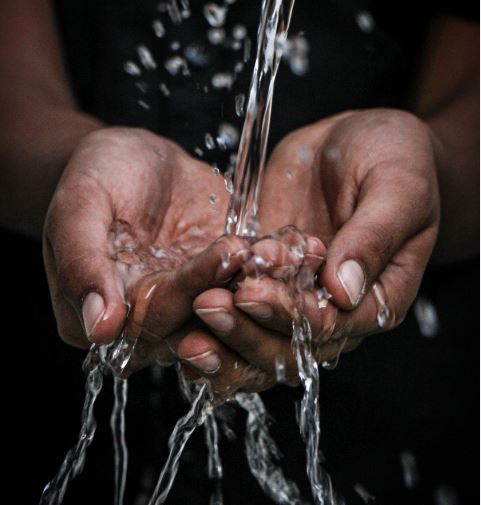

19 November 2019 is World Toilet Day and over 600 million people all over the world share a toilet or latrine with other households. Sanitation and hygiene are important things to keep top of mind to prevent the transmission of infectious, potentially fatal diseases such as cholera, diarrhoea, dysentery (bloody, mucoid stools), hepatitis A and typhoid fever.
According to the World Health Organisation (WHO), sanitation relates to the provision of facilities and services for the safe management of human waste. Over half of the deaths caused by diarrheal disease is due to poor sanitation. They also estimate that almost 300 000 deaths of children under 5 could be prevented by better water, sanitation and hygiene.
Wondering how you can improve the sanitation in your home? Baby Soft® spoke to Dr Nokukhanya Kanyile to get 5 tips that you can implement starting today:
1. Clean up. If you share a toilet with others, make sure that you wipe the seat clean before and after you use the bathroom. If each person makes it their responsibility to clean the bathroom, it could minimize the spread of germs.
2. Freshen up. Use a disinfectant to clean your toilet at least twice a week. It will help kill bacteria and also help improve the smell of the bathroom. There are over 77 000 organisms that can be found in any bathroom such as influenza, streptococcus, E. coli, hepatitis, Methicillin-resistant Staphylococcus aureus (MRSA), salmonella, shigella, and norovirus. The standard bathroom disinfectant should be able to kill the majority of these organisms, but you should keep your bathroom clean in order to reduce the number of organisms in the environment that can cause disease.
3. Wash up. Always wash both of your hands thoroughly with soap and water after every trip to the toilet. The most common places that are missed are in between your fingers and the back of your hands which act as a breeding ground for bacteria to grow. Failing to wash hands after using the toilet contributes to the high burden of disease of intestinal worms, amongst other diseases, which are transmitted between people with poor hygiene and sanitation.
4. Dry up. Good hand hygiene should include drying hands thoroughly and not just washing. Damp hands spread more germs than dry hands.
5. Check up. Encourage those around you to do these health tips at every opportunity you get. Good habits make good behaviour which leads to better sanitation for everyone around us.
Improving sanitation has many benefits which include reducing diarrhea, multiple illnesses that can cause stunting and malnutrition in children as well as reducing health costs associated with being admitted to hospital or staying home due to sickness. By improving the health of the population, we also increase the amount of days that one spends at school or work and contributes to the economy. This World Toilet Day ensure that you inform yourself and those around you to do the right thing to protect your loved ones!
References
- WHO, Factsheet on Sanitation, February 2018
- WHO, Water Sanitation Hygiene, October 2018
- StatsSA, World Toilet Day, November 2018




